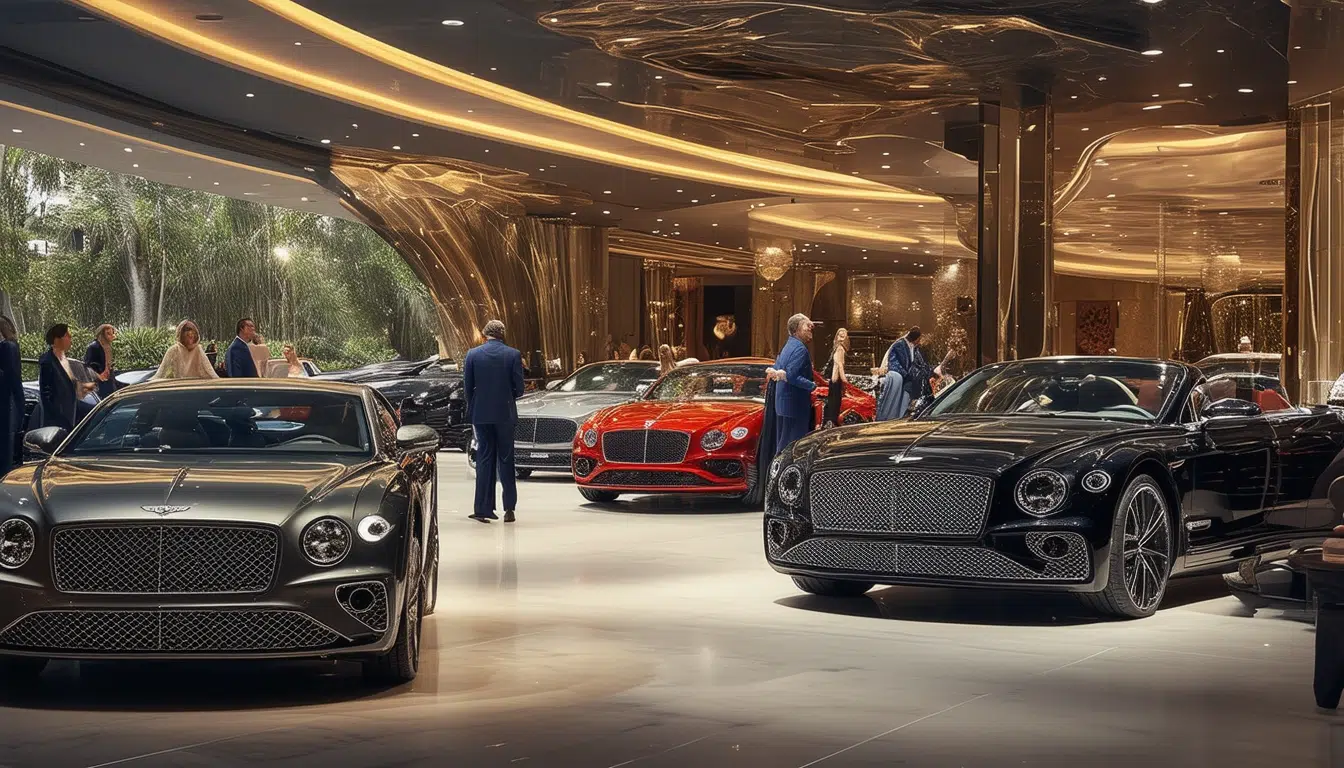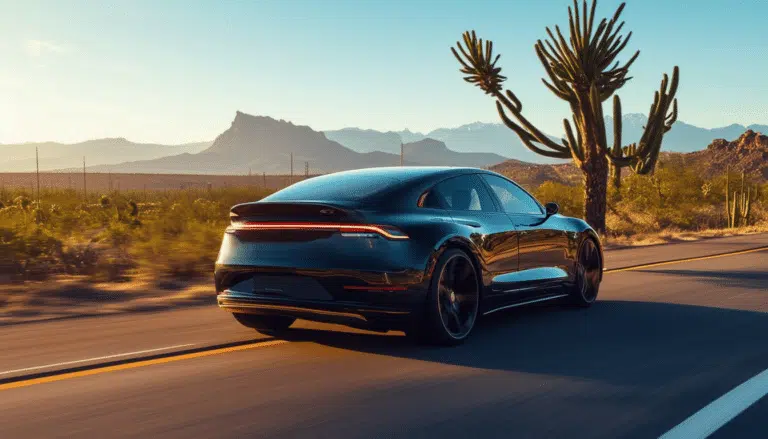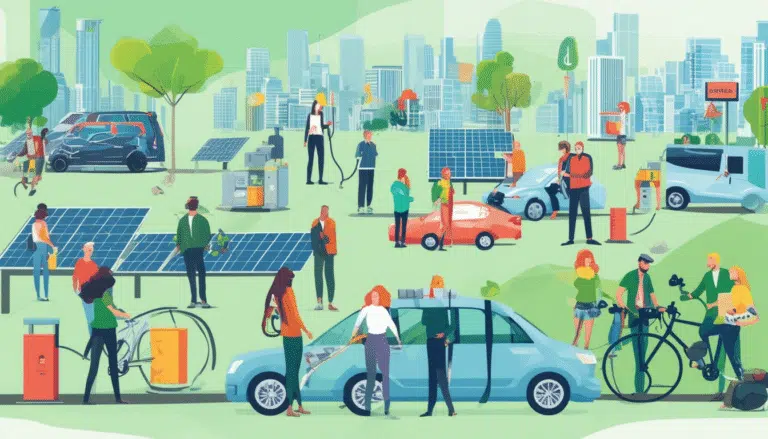The harsh reality: Bentley halts production of electric vehicles due to low acceptance among millionaires

The decision of Bentley to pause the production of its electric vehicles sheds light on the complex relationship between luxury and sustainability. Despite legislative pressure for electrification, the limited acceptance of these models among wealthier consumers has forced the British company to reconsider its plans. This phenomenon raises questions about the expectations of the luxury market and the path forward for brands seeking to balance innovation with the traditional preferences of their most exclusive customers.
Bentley’s decision to slow down the production of electric vehicles reflects a complex landscape where luxury priorities do not always align with sustainability demands. Despite legislative pressures to embrace electrification, the weak demand among affluent customers has jeopardized the British company’s plans. This article explores the reasons behind this decision and the impact of environmental policies on Bentley’s strategy.
An Unexpected Turn in Bentley’s Strategy
The news that Bentley has decided to halt its plans for total electrification has surprised many. Originally, the iconic British brand had planned to sell exclusively electric cars by 2030, introducing one electric model per year starting in 2025. However, the company has postponed its first electric launch until 2026, with the introduction of a smaller electric SUV than the current Bentley Bentayga.
The Emission Regulations and Their Influence
The emission regulations imposed by the European Union pressure companies to adopt electrification, but have generated resistance among wealthier drivers. The statements of Frank-Steffen Walliser, chairman of Bentley, point to a clear conservatism among luxury customers. According to Walliser, although the legal guidelines are pushing for electrification, the adoption will not be rapid, and many consumers prefer plug-in hybrid alternatives to pure electric options.
The Resistance of Luxury Customers
Bentley is not alone in facing the reluctance of millionaire buyers towards electric vehicles. Brands like Mercedes have struggled to introduce their electric model EQS to the market, reflecting a deep-rooted preference for traditional engines. In a video conference, Bentley representatives explained that their clients’ expectations include the most exclusive, often represented by internal combustion engines like the W8 or W12.
The Future of the Luxury Vehicle Market
As electric vehicles become more popular, true exclusivity may reside in advanced combustion engines. Alternative technologies, such as liquid hydrogen, are emerging as potential successors to electric motors in the luxury segment. Companies like BMW and Toyota have already embarked on joint developments for revolutionary engines in the automotive industry, while others, such as Dacia, are moving away from diesel to focus on new energies.
Bentley has introduced significant improvements in its customization programs, betting on exclusivity and bespoke luxury as an essential part of its future offering. The company is confident that this approach will attract its clientele as high standards of customization become a status symbol.
Provisional Conclusion
In essence, the pause in Bentley’s total electrification underscores the tensions between the pursuit of sustainability and customer loyalty to traditional luxury. While electric vehicles are on the horizon, it seems that at least for the next decade, plug-in hybrids and combustion engines will continue to play a crucial role in the high-end vehicle offering.
Reflection on Luxury and Sustainability
Bentley’s decision to pause the production of electric vehicles highlights an uncomfortable truth about the intersection of luxury, sustainability, and market dynamics. While legislation drives electrification, reality shows that it is not always enough to change the deeply ingrained preferences of wealthy consumers. For these clients, cars are not simply means of transportation, but symbols of status and tradition. The resistance to adopting new technologies can be seen as a defense of a legacy that goes beyond energy efficiency.
The failure of the Mercedes EQS adoption and the caution of manufacturers like Pagani and Rimac highlight that simply offering a “green” alternative is insufficient to attract a loyal clientele accustomed to the opulence associated with powerful combustion engines. In many cases, the appeal of a luxury car does not lie in its efficiency, but in its ability to evoke emotions and experiences that emerging technologies have yet to fully replicate.
Bentley faces a dilemma where it must balance regulatory pressure with the expectations of a demanding clientele. The strategy of leaning towards customization and exclusivity reflects an attempt to remain attractive while dealing with the realities of an evolving market. In its quest to limit financial penalties, they strengthen their line of plug-in hybrids, which serve as a compromise between the necessary modernity and appreciated tradition.
Ultimately, the temporary halt in Bentley’s electric plans is a reminder that the transformation towards sustainable mobility is a complex path that requires innovation not only in technology but also in the perception and value that society assigns to luxury and sustainability. Brands must reimagine their offerings to ensure they can satisfy a desire for exclusivity without relegating environmental responsibility to a secondary position.




